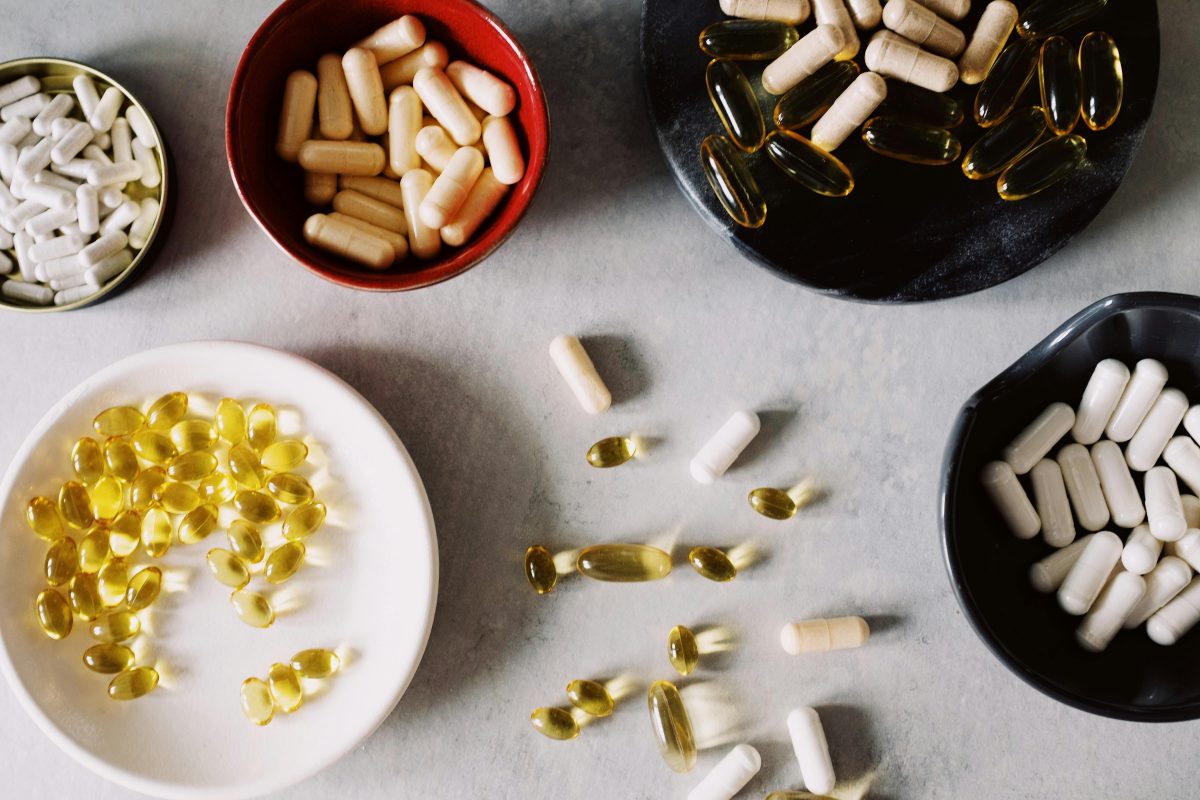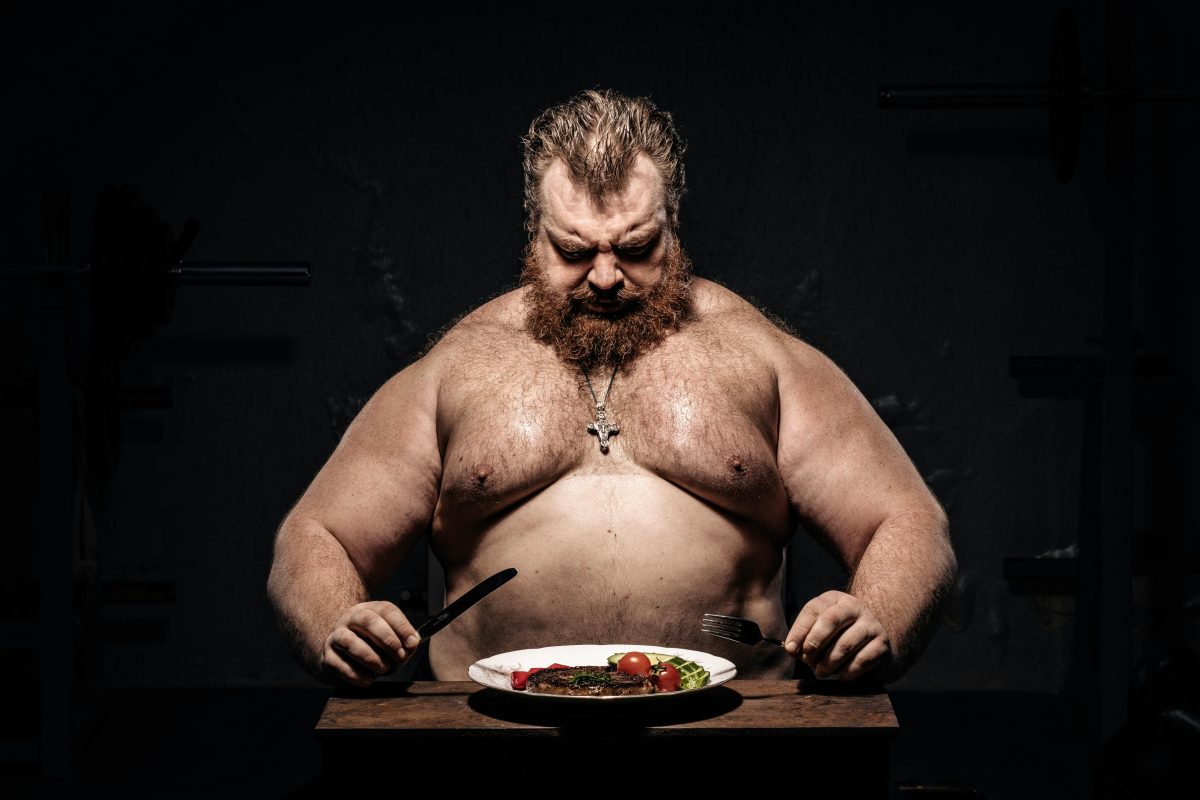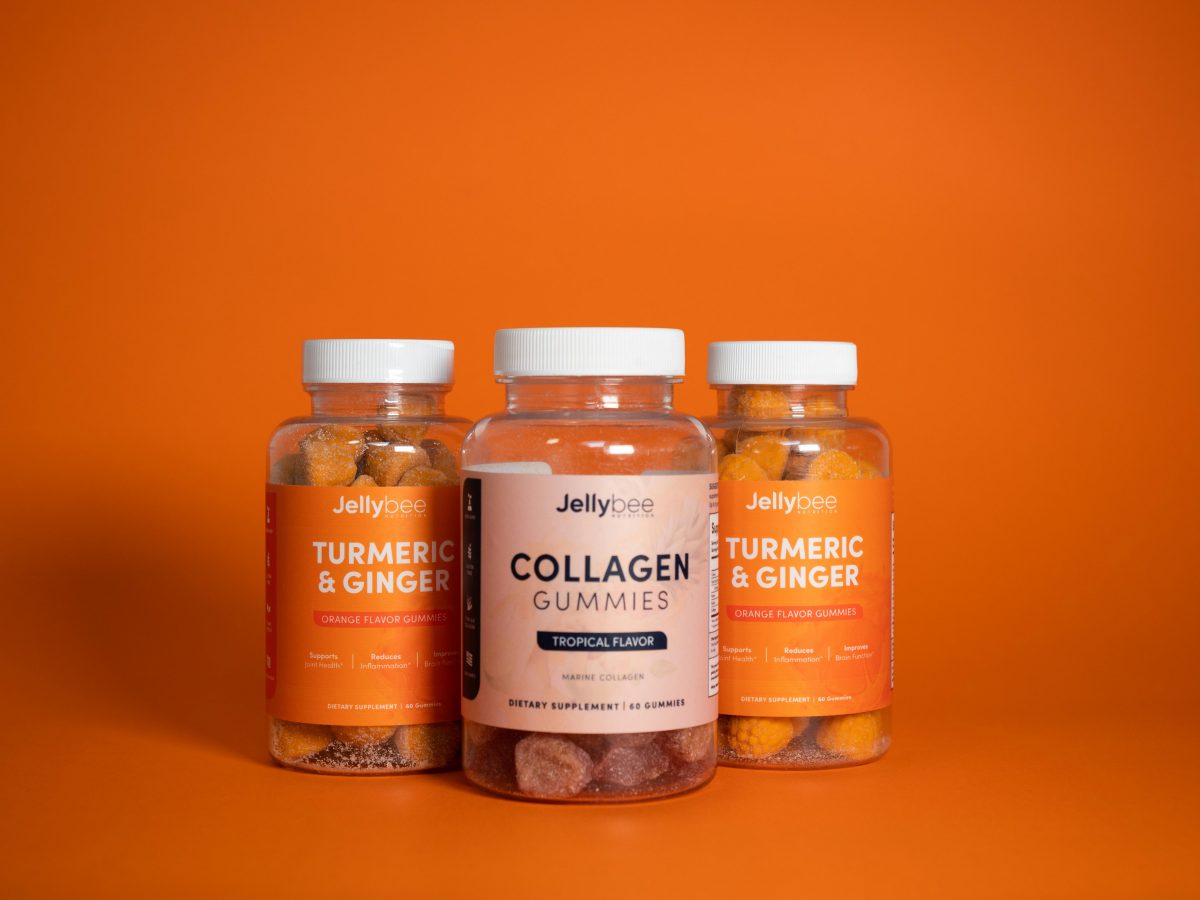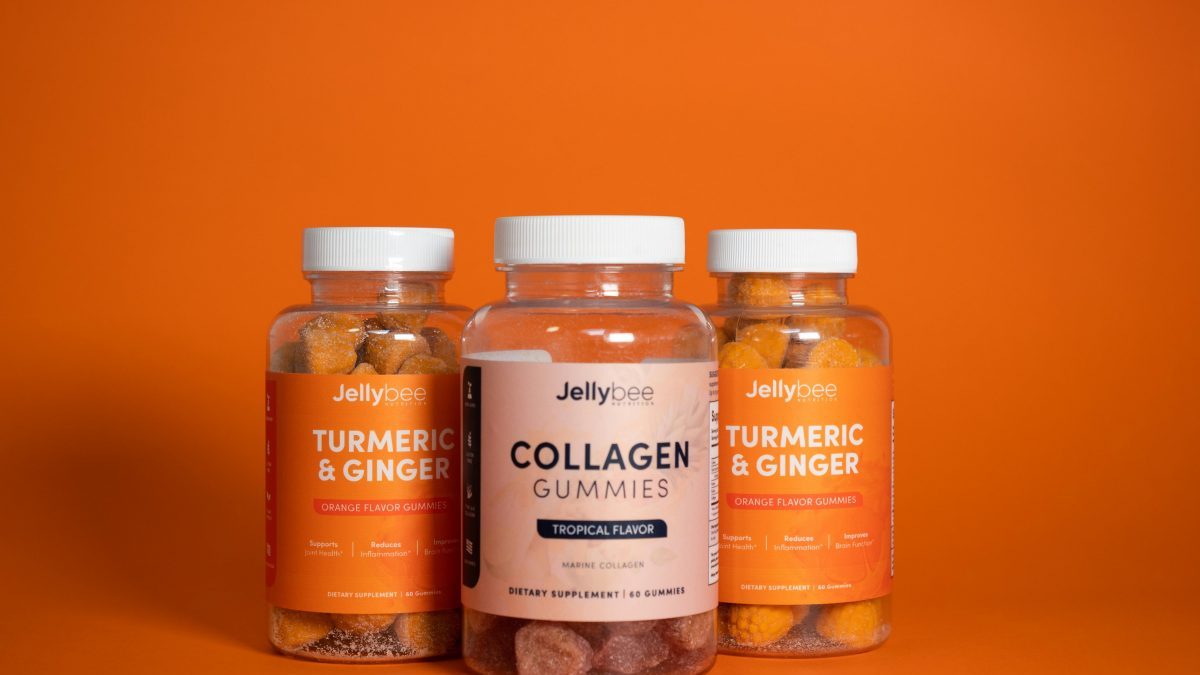Last Updated on: 14th July 2024, 08:54 am
Introduction to the Importance of Pre and Post-Workout Nutrition

Nutrition plays a pivotal role in fitness, acting as the foundation upon which performance and recovery are built. It’s not just about what you eat, but when you eat that can turn the tide in your fitness journey. The right nutrients before and after a workout can enhance performance, minimize fatigue, and accelerate recovery, setting the stage for consistent progress.
Before diving into the depths of optimizing pre and post-workout meals, it’s crucial to understand the impact of nutrition on your body. Pre-workout nutrition is all about fueling your session with the energy you need to perform at your best. Post-workout nutrition, on the other hand, focuses on recovery, helping your muscles repair and grow stronger. Together, they form a powerful duo that maximizes the benefits of your hard work.
As we delve deeper into the specifics of what to eat and when, remember that the goal is to nourish your body in a way that supports your fitness objectives. Whether you’re looking to build muscle, lose fat, or simply stay healthy, the right nutrition strategy can make all the difference. Let’s embark on this journey to optimize your pre and post-workout nutrition, unlocking the full potential of your workouts.
The Science of Pre-Workout Nutrition

Pre-workout nutrition serves as the bedrock for a successful fitness regimen, aiming to boost energy, enhance endurance, and prevent muscle catabolism. This nutritional strategy is about more than just filling your stomach; it’s about preparing your body for the demands of your workout. By understanding the key nutrients and their roles, you can tailor your pre-workout meal to fuel your performance effectively.
Key Nutrients and Their Roles
- Carbohydrates: Your body’s primary energy source, fueling your muscles and ensuring you have the stamina to push through your workout.
- Proteins: Play a crucial role in preventing muscle breakdown and kickstarting the recovery process even before your session ends.
- Fats: Though digested slower, provide a sustained energy release, especially useful for longer, endurance-based workouts.
Timing Your Pre-Workout Meal for Optimal Results
The timing of your pre-workout meal can significantly impact its effectiveness. Ideally, aim to eat a balanced meal rich in carbohydrates, moderate in protein, and low in fat 2 to 3 hours before your workout. This allows your body ample time to digest and absorb the nutrients, ensuring you’re fueled and ready to go. For those with tighter schedules, a small, easily digestible snack 30 minutes to an hour before exercising can also provide a quick energy boost.
Hydration: The Often Overlooked Pre-Workout Necessity
While solid foods are crucial, hydration is the unsung hero of pre-workout nutrition. Starting your workout well-hydrated enhances performance, prevents early fatigue, and helps maintain endurance. Drinking water throughout the day, and especially in the hours leading up to your workout, sets the stage for a successful exercise session. Remember, once you feel thirsty, you’re already on the path to dehydration.
Crafting Your Pre-Workout Meal

Examples of Effective Pre-Workout Meals and Snacks
- Banana with almond butter: Offers quick energy and muscle support for high-intensity workouts.
- Oatmeal with berries and a scoop of protein powder: Ensures sustained energy release for endurance athletes.
- Whole-grain toast topped with avocado: Provides a perfect mix of simplicity and nutrition for the time-crunched individual.
Adjusting Your Pre-Workout Nutrition Based on the Type and Duration of Exercise
The intensity and length of your exercise dictate your nutritional needs. Short, high-intensity workouts require easily digestible carbs for a quick energy burst. In contrast, longer sessions benefit from a combination of carbs and proteins for sustained energy and muscle support. Adjusting your meal composition and timing can significantly enhance your performance and endurance.
Special Considerations: Dietary Restrictions and Allergies
Navigating pre-workout nutrition with dietary restrictions or allergies requires creativity but is far from impossible. Gluten-free grains, plant-based proteins, and nut-free butter alternatives can all serve as excellent bases for pre-workout meals. The key is to focus on nutrient-dense foods that align with your dietary needs while still providing the energy and support your body requires. Tailoring your pre-workout meal to accommodate these considerations ensures that you’re not only fueled but also safe and healthy.
The Science of Post-Workout Nutrition

After pushing your limits, your body craves recovery. Post-workout nutrition plays a critical role in helping you bounce back, focusing on muscle repair, recovery, and replenishing lost nutrients. It’s not just about eating; it’s about feeding your body what it needs to grow stronger.
Understanding the Anabolic Window: Myth vs. Reality
There’s much debate around the anabolic window—the period after your workout when your body supposedly absorbs nutrients best. While newer research suggests this window is wider than previously thought, optimizing your post-workout meal within two hours still promotes efficient recovery. It’s less about timing and more about quality and balance.
Key Nutrients for Post-Workout Recovery
- Proteins: The building blocks of muscle repair.
- Carbohydrates: Replenish the energy reserves depleted during your workout.
- Fats: Needed in smaller amounts, support hormone function and overall health.
- Electrolytes: Lost through sweat, such as sodium and potassium, are crucial for hydration and muscle function.
Hydration plays a pivotal role in the recovery process. Water supports every metabolic function and nutrient transfer in the body, making it essential to rehydrate post-exercise. Ignoring hydration can lead to prolonged recovery times and decreased performance in subsequent workouts.
Integrating these nutritional strategies into your post-workout routine ensures that your hard work pays off. By nourishing your body with the right nutrients and staying hydrated, you set the stage for optimal recovery and continued progress in your fitness journey. Remember, every meal is an opportunity to support your body’s recovery and growth.
Crafting Your Post-Workout Meal

Examples of Effective Post-Workout Meals and Snacks
After an intense workout, your body needs the right mix of nutrients to recover and grow stronger. A grilled chicken breast with quinoa and steamed vegetables offers a balanced blend of protein, carbs, and micronutrients, ideal for muscle repair and replenishment. For a quick snack, a protein shake mixed with a banana provides immediate protein for muscle recovery and carbs to refill energy stores. Greek yogurt with berries and a handful of nuts is another excellent option, combining protein, healthy fats, and antioxidants for comprehensive post-workout nutrition.
Adjusting Your Post-Workout Nutrition Based on Exercise Intensity and Personal Fitness Goals
The intensity of your workout and your fitness objectives play a crucial role in determining your post-workout meal. After a heavy strength training session, prioritize protein to support muscle repair. Following endurance activities, focus on carbohydrates to replenish glycogen stores. Tailoring your post-workout nutrition to your specific needs enhances recovery and supports your fitness goals, whether you’re aiming to build muscle, lose fat, or improve athletic performance.
Special Considerations: Dietary Restrictions and Timing
Accounting for dietary restrictions is essential in crafting your post-workout meal. For those following a plant-based diet, lentils, tofu, and quinoa are excellent protein sources. Gluten-free individuals can opt for rice or potatoes as carb sources. Timing also matters; aim to consume your post-workout meal or snack within two hours of exercising to maximize recovery. However, the quality of what you eat is more important than the exact timing, so focus on nutrient-dense foods that align with your dietary needs and fitness goals.
By carefully selecting your post-workout meals and snacks, you can significantly impact your recovery and overall fitness progress. Remember, the goal is to replenish what you’ve lost and provide your muscles with the nutrients they need to repair and grow. Tailoring your nutrition to your exercise intensity, personal fitness goals, and dietary restrictions ensures that you’re not only recovering optimally but also moving closer to achieving your health and fitness objectives.
Supplements in Pre and Post-Workout Nutrition

Supplements can play a significant role in fine-tuning pre and post-workout nutrition, potentially enhancing the benefits of exercise. They are designed to complement your diet and fill in nutritional gaps, ensuring your body has all it needs to perform and recover optimally.
Popular Pre and Post-Workout Supplements: Benefits and Considerations
- Pre-workout: Ingredients like caffeine for increased alertness and beta-alanine for reduced muscle fatigue. Creatine is a favorite for its ability to boost power and muscle mass.
- Post-workout: Protein powders, such as whey or plant-based options, are crucial for muscle repair, while branched-chain amino acids (BCAAs) support muscle recovery and reduce soreness.
However, it’s essential to approach supplementation with caution. Not all products are created equal, and some may contain unwanted additives or allergens. It’s also important to consider the timing of ingestion to maximize the benefits while minimizing potential side effects.
Choosing the Right Supplements for Your Fitness Goals and Dietary Needs
Selecting the right supplements requires a clear understanding of your fitness goals and dietary needs.
- For muscle building: Focus on protein and creatine.
- For endurance: Consider supplements that enhance energy production and delay fatigue.
Always check for ingredients that align with your dietary restrictions and consult with a healthcare professional before starting any new supplement regimen.
Ultimately, supplements should support your diet, not replace it. A balanced approach to pre and post-workout nutrition, with supplements as an adjunct, can help you achieve your fitness goals more effectively. Remember, the foundation of any fitness journey is a well-rounded, nutrient-dense diet, adequate hydration, and proper rest.
In Closing
Fuel your fitness journey with smart nutrition. This strategy is a cornerstone of peak performance and swift recovery. By meticulously choosing what and when to eat around your workouts, you embrace a path that balances energy, endurance, and recovery, ensuring every meal is a step towards your goals. Embrace this knowledge to fine-tune your diet, supplement wisely, and unlock your full potential, inviting a future of stronger, healthier you.
Optimizing Your Pre and Post-Workout Nutrition FAQs
Yes, staying hydrated is crucial for maintaining performance during a workout. Dehydration can lead to fatigue, reduced endurance, and decreased strength. Drinking water before, during, and after exercise helps to prevent dehydration and supports overall health.
Including a variety of foods in your pre-workout meal can help ensure you’re getting a broad spectrum of nutrients. A balanced meal with carbohydrates, proteins, and healthy fats, such as a smoothie with fruits, protein powder, and a spoon of nut butter, can provide sustained energy and essential nutrients. This approach supports overall health and optimizes workout performance.
The timing of pre-workout meals can significantly affect energy levels and performance. Eating a meal rich in carbohydrates 2-3 hours before exercising provides ample time for digestion and energy availability. A small, easily digestible snack 30 minutes to an hour before can also offer a quick energy boost.
After a workout, aim for about 20-25 grams of protein to help repair and build muscle. This can come from sources like a protein shake, a serving of chicken breast, or a cup of Greek yogurt. Consuming protein within 30 minutes to an hour after exercise can maximize muscle protein synthesis.
It’s beneficial to eat within 45 minutes to an hour after your workout to replenish glycogen stores and support muscle recovery. This meal or snack should contain a mix of carbohydrates and protein. However, if you ate a substantial pre-workout meal, you might have a longer window before needing to refuel.
Supplements can be useful for meeting pre and post-workout nutrition needs, especially if you’re unable to consume whole foods. Pre-workout supplements often contain caffeine and beta-alanine to enhance performance, while post-workout supplements might include protein and amino acids for muscle recovery. However, it’s best to prioritize whole food sources and use supplements as an addition rather than a replacement.
Good post-workout carbohydrate sources include fruits, vegetables, and whole grains such as quinoa, brown rice, or sweet potatoes. These foods help replenish glycogen stores that have been depleted during exercise. They also provide essential nutrients and fiber, which aid in recovery and health.
Amino acids are crucial for post-workout recovery as they are the building blocks of protein, which repairs and builds muscle tissue. Consuming amino acids, especially branched-chain amino acids (BCAAs), can help reduce muscle soreness and facilitate recovery. Foods rich in quality protein or a BCAA supplement can provide these essential nutrients.
Fats play a minor role in immediate pre and post-workout nutrition but are essential for overall health and energy. While they are not the primary source of fuel for short, high-intensity workouts, they are important for longer, moderate to low-intensity activities. Including healthy fats in meals outside the immediate pre and post-workout window supports recovery, hormone production, and nutrient absorption.
Consuming carbohydrates before a workout can boost your energy levels and performance. Foods like bananas, oats, or whole-grain bread provide a good source of quick-release energy, which is beneficial for fueling short-term, high-intensity activities. It’s important to eat these foods 30 minutes to an hour before exercising to allow your body time to digest and convert the food into usable energy.
Orlando is a all round athlete from Australia, now resident in Germany. His sports of passion of American Football(Offensive line), weight training and indoor rock climbing where he uses his 195cm wing span to his advantage.



